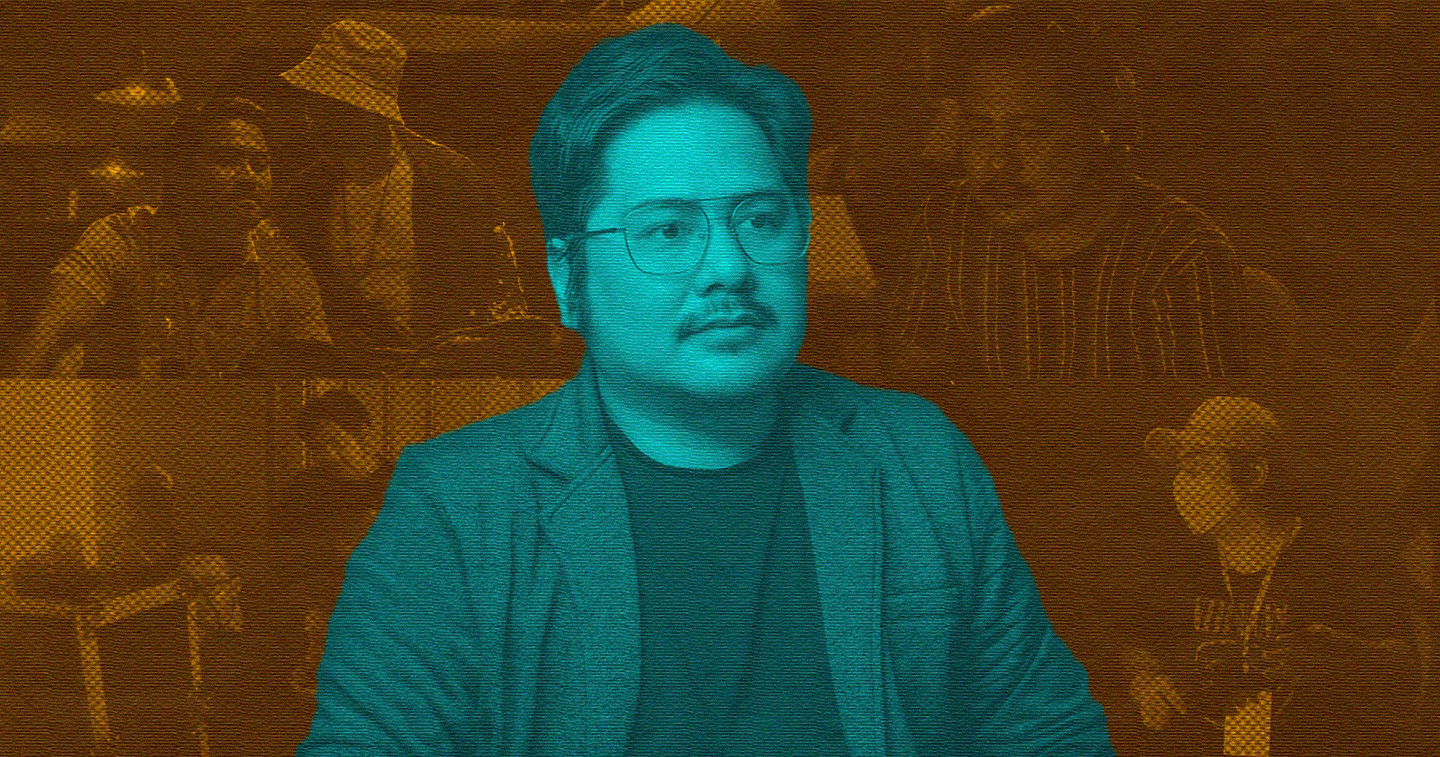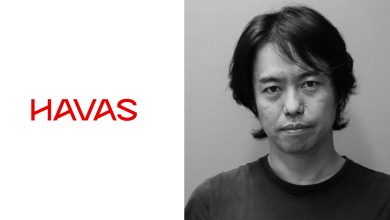MANILA, PHILIPPINES — Everyone’s in search of something beyond the surface whether it be happiness, purpose, or the meaning of life. Oftentimes in that pursuit, life steers us away from what we initially envision, guiding us off the beaten path.
Such is the case for acclaimed film director Dustin Celestino, who spent an afternoon with adobo Magazine to revisit the winding roads that brought him to where he is today.
Dustin has had an illustrious career in film. He’s won three Special Jury Awards — the first from the 2019 Cinema One Originals Digital Film Festival for Utopia and the other two from the 2023 Cinemalaya Independent Film Festival for Ang Duyan ng Magiting (The Cradle of the Brave) (The Special Jury Prize and the Special Jury Award for Best Ensemble Acting). Along with his accolades, he’s been revered for his unconventional and refreshing style.
However, to understand Dustin as a filmmaker is to learn that he was a writer first. When asked how he began writing, he chuckled. “I had a crush who was part of the Malate Literary Folio (the official literature and visual arts publication of the De La Salle University – Manila) and was like, ‘Alright. I want to talk to that girl. I need to be part of that organization.’”
Although Dustin and his crush-turned-college-sweetheart didn’t stand the test of time, joining the college organization set him on a lifelong journey. He submitted multiple entries at his college’s Literature Awards that year and placed both second and third for English Fiction. “I thought, ‘Ooh. This isn’t so bad. Maybe this is something I can do.’ Which is why I continued doing it.”
Dustin wasn’t writing fiction from the get-go though; he was a Communications major who shifted into Philosophy after a teenage existential crisis. “The problem with me, at that time, was that I [had] nothing important to say. I thought, ‘Maybe I’m doing it wrong. I’m putting the cart before the horse, learning communication arts before I had anything worthy to communicate.’”
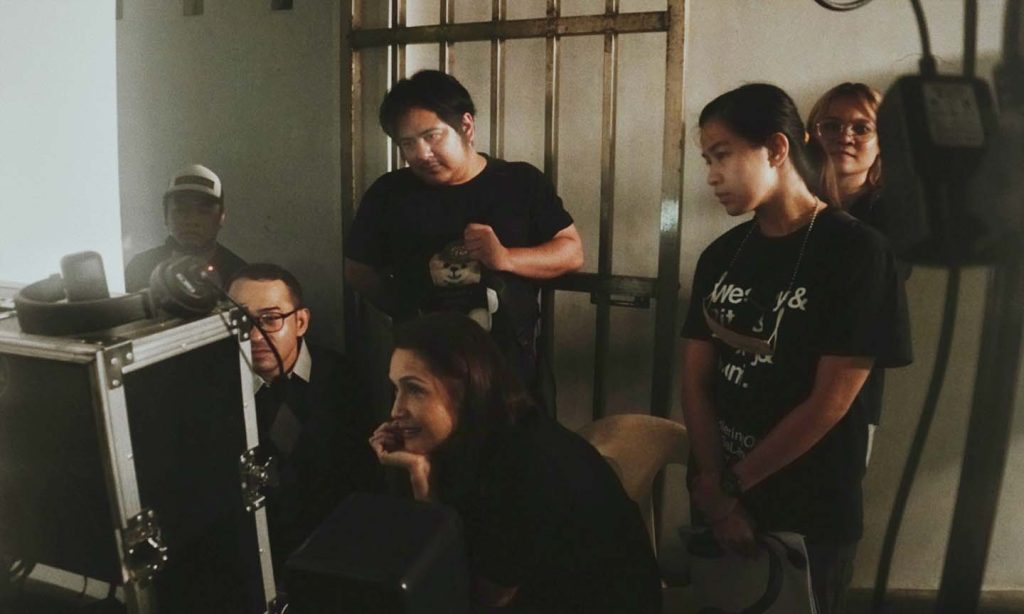
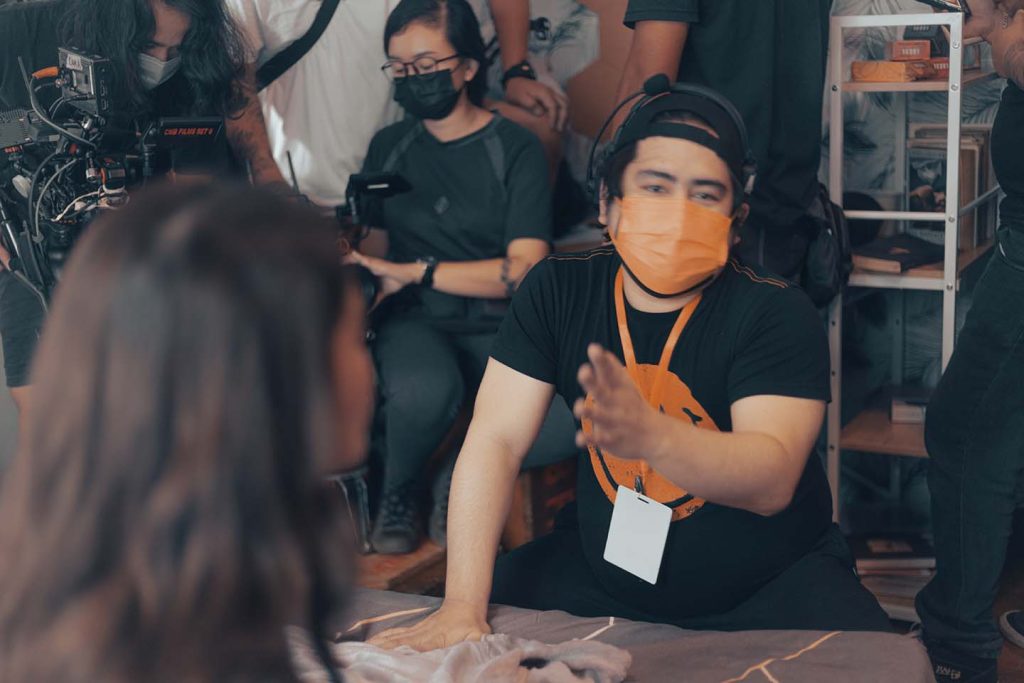
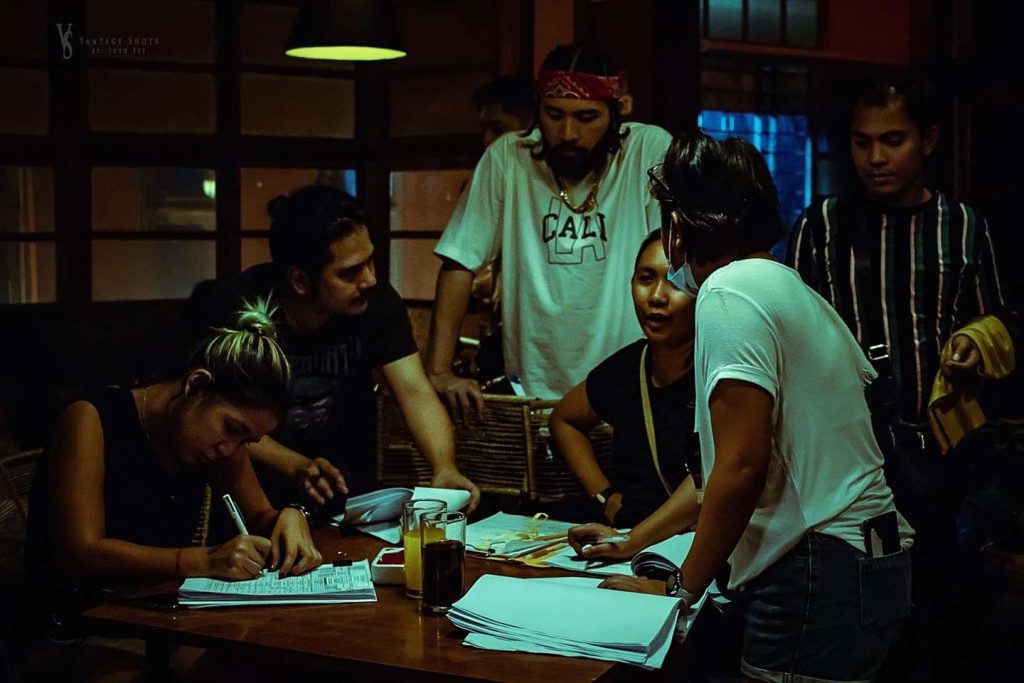
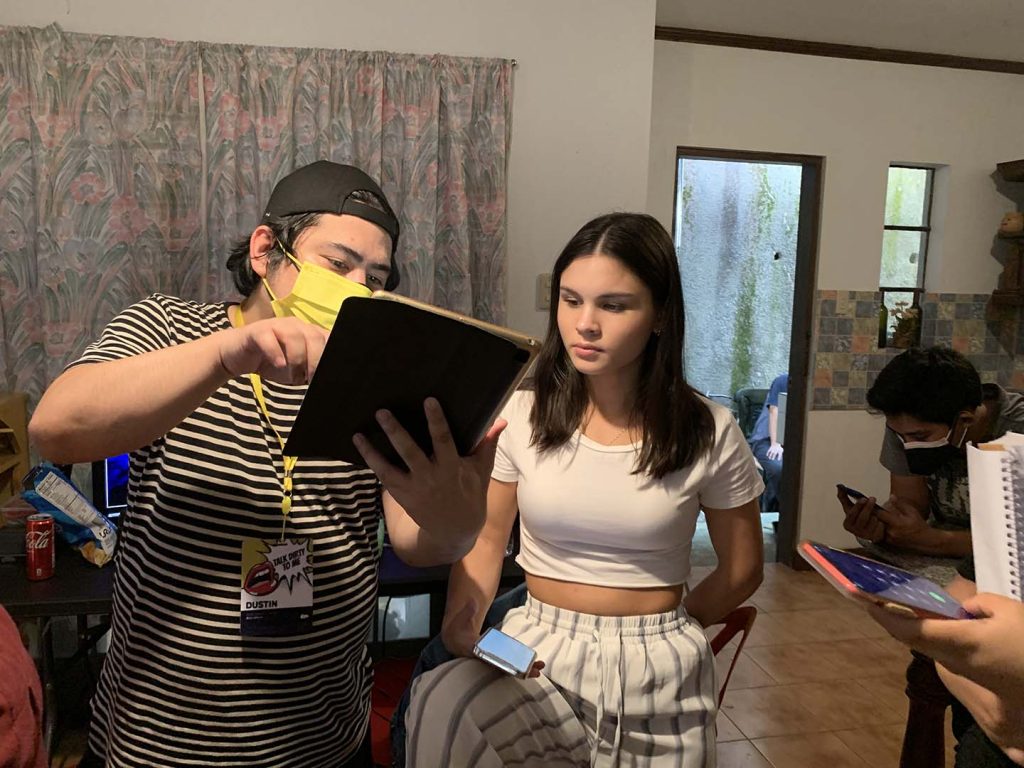
When Dustin transferred to Philosophy, he fell in love with literature and discovered a throughline between the authors he gravitated toward. He realized that writers like Albert Camus and Jean-Paul Sartre, although primarily philosophers, also had their work placed in the literature section due to their writing style. While searching for a particular Camus book, Dustin ended up exploring the literature section, where he discovered a range of intriguing stories. This newly sparked interest led him to consume nearly a book a week.
That eureka moment and thirst for knowledge stayed with Dustin, and he found other ways to quench that curiosity. After graduating in Philosophy, Dustin balanced between working as a professor at the Asia Pacific College and pursuing a master’s degree (MA) in Creative Writing at UP Diliman for the next eight years to obtain the requirements needed for teaching. “That’s how I got into film. Naubos ko ‘yung classes na pwede ko i-take” (I used up all the classes I could take).
By the time Dustin was doing his thesis on theater, he applied to The HOOQ Filmmakers Guild and reached the top 10 in Asia as a semi-finalist, but he wanted to make the top five so a pilot could be granted. “I took that opportunity instead of the thesis in my last year. Tapos (Then), after that, nag-MRR na ako. (He failed to finish the requirements of his degree program within the given timeframe). I wasn’t able to finish the MA, and I didn’t make it to the top five. So, I lost both. That’s how my career in film started back in 2018 — not in a good way.”
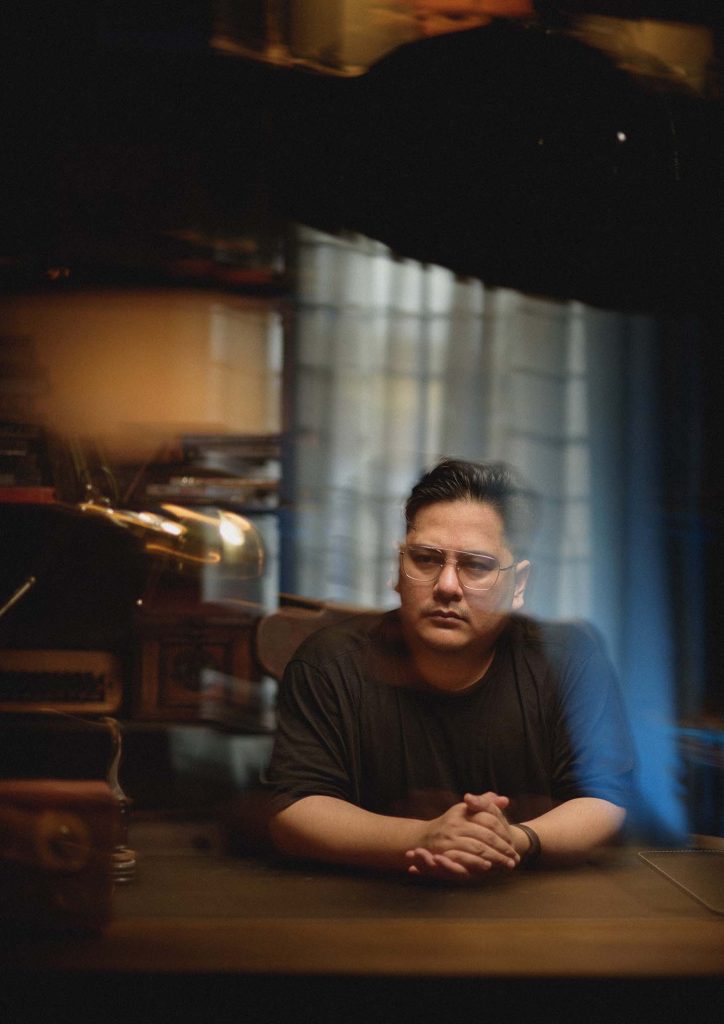
Dustin’s entry into the industry may have been rocky, but he set sail with his debut feature film Utopia a year later, which went on to win awards and cement his credibility as a director. This incredible feat wouldn’t have been possible had it not been for the skills he acquired throughout his academic life.
Adobo Magazine asked Dustin how writing informs his films and he answered candidly. “I think it’s a storytelling instinct. There are things that I know are taught not to be done, but I do it anyway because I know it works in certain media.”
He then mentioned the “short story cycle,” a bunch of interrelated short stories with an overarching narrative, and how that literary concept is common in his films. “That’s how I write some of my work — not in the way that subscribes to the three-act structure of a usual screenplay but in a way that adheres to certain short story patterns I’ve read over the years.”
“My background in literature contributed to my filmmaking because it gave me a broader idea of what is possible with the story,” Dustin continued. “I’m not restricted to the conventions of screenwriting because I’ve read stories that do not follow this particular structure but have worked for me.”
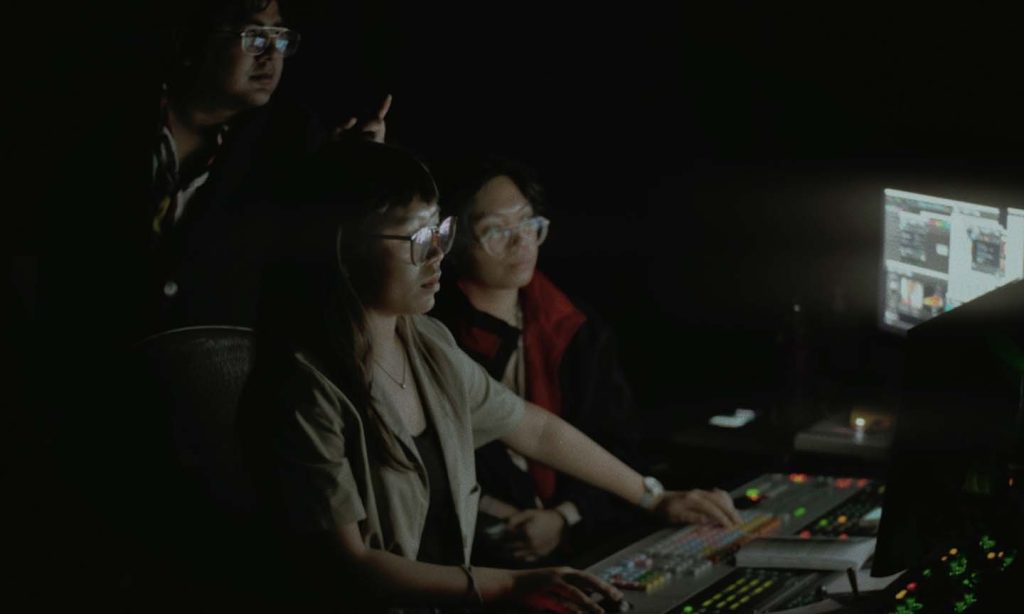
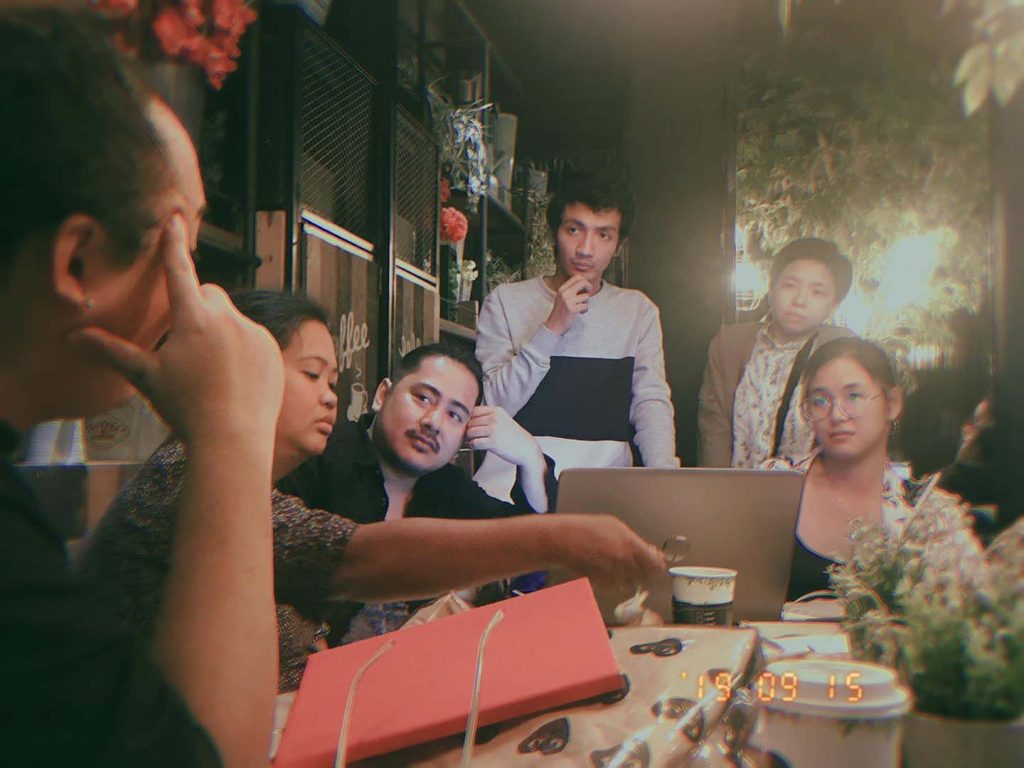
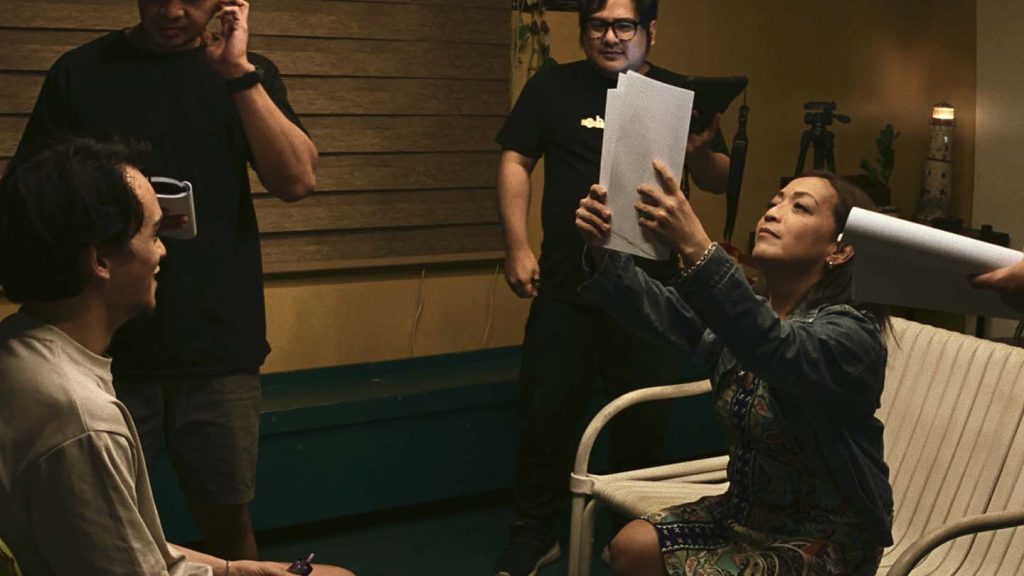
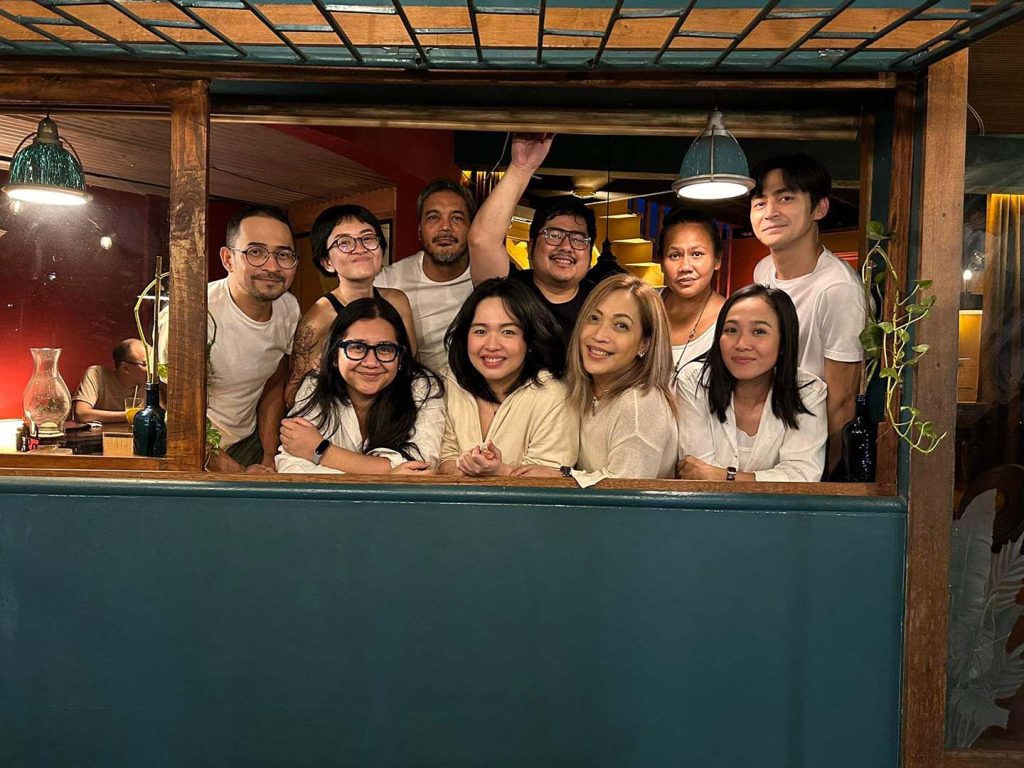
Aside from his literature background, Dustin believes philosophy has aided his storytelling. “I have, I guess, an innate understanding of how we perceive stimuli, how the mind perceives certain things, and how we associate one thing with another. Philosophy showed me possibilities [on] how we can make the creative aspects and tools more articulate.”
Color, symbols, and Ludwig Wittgenstein’s “language games” are some of the many pieces Dustin uses for an “intended emotional effect.” “These are things we manage through style, tone, and mood [which] can be connected to things we learn in philosophy. Philosophy taught me how to better manage meaning as it’s perceived or interpreted by others.”
Dustin’s philosophical approach is also seen in his films’ subject matters, often undertaking important advocacies. “In order to feel passionate about something, you have to delude yourself into thinking it’s important because filmmaking is hard. I always tell my partner (Janel Gutierrez), ‘Every time you make a film, it’s like you’re chopping off a limb,’ because it takes so much from you — emotionally, psychologically, physically.”
“So, to make those sacrifices, you have to believe that it’s important and worth the sacrifice which is why the only films we (SINE METU) take on as part of our brand [are] advocacy projects.”
To further hone in on his craft, Dustin does commercial work, and he thinks that shouldn’t be deemed as less than. “My projects with Vivamax and Regal give me an opportunity that’s not available to most directors, which is practice. Directing is one of the few things you can’t practice at home because you need collaborators. A budget. It costs money to practice.”
“Directing, in my opinion, is not even a technical skill; it’s a social skill. And, that social skill is practiced on set. You can’t learn [it] in a book. The book will always teach you how to shoot with perfect conditions, and those perfect conditions do not exist, especially within the [local] industry.”
Mastering the trade is one thing, but learning the ropes of the Philippine film industry is a whole other beast. That’s why, as a professor at the De La Salle-College of Saint Benilde, Dustin is making sure the writers who follow in his footsteps won’t have to go through the hardships he once did.
“It’s a fulfilling thing to see how much growth there is in your mentees. There’s a certain expression a person makes when they make a mental breakthrough. When they realize na parang, ‘Ah, ganun pala’ (like, ‘Oh, that’s how it works’). And, that’s my favorite moment. I’m creating shortcuts for this new generation of writers so that when they reach my age, they’re better than I am.”
Dustin’s desire to nurture young talent may seem selfless to some, but to him, viewing them as the future instead of a present threat is simply passing on what he learned from his mentors. “Rody Vera has been reading most, if not all, my works, and we’re both screenwriters. He has every reason to be like, ‘I don’t wanna teach this guy anymore. He’s gonna come after my job.’ But, he takes that risk [because] that’s part of the evolution of our culture and craft — that there has to be someone to take the mantle. Sir Ricky Lee also has that same approach.”
Now a mentor himself, Dustin has gained new insight. “Something about masters you can’t take away from is their confidence. I can teach you everything I know, and at some point, you’re going to be better than me, but my value will not be diminished by your value. When I increase your value, it doesn’t take away from mine.”
Indeed, Dustin’s value has remained fully intact. His upcoming film Habang Nilalamon ng Hydra ang Kasaysayan (As the Hydra Devours History), inspired by mythological characters, has secured him and his team a spot among the finalists at the 2025 Cinemalaya Philippine Independent Film Festival — reinstating that generosity does not hinder one’s success.

Dustin has traveled far and wide to arrive where he is today, and as he continues to explore the world of film, he wants to share stories that matter. “We’re in a situation right now where we don’t know where the country’s going and we don’t know if there’s a bright future ahead of us. But, the question I want to ask is, ‘If there was no bright future, is it still worth fighting for that future?’”
Dustin has a poignant answer to the hard-hitting question. “It’s this attempt to be good, even in the face of overwhelming evil, [that] makes life worthwhile. If we’re just going to turn into monsters like the ones that surround us, then that’s similar to death. The only way to make life fulfilling or meaningful is this heroic resistance to evil and the preservation of our humanity, and that’s what I think our stories should be about.”
The road that lies in front of Dustin is one he doesn’t want to walk through alone; he believes that as a director, the everyday struggles of Filipinos are heroic acts that must be made known. Detours and dead ends are inevitable when navigating through life, but like Dustin, maybe it’s the hope for a brighter tomorrow that lights the path to stay on course.

